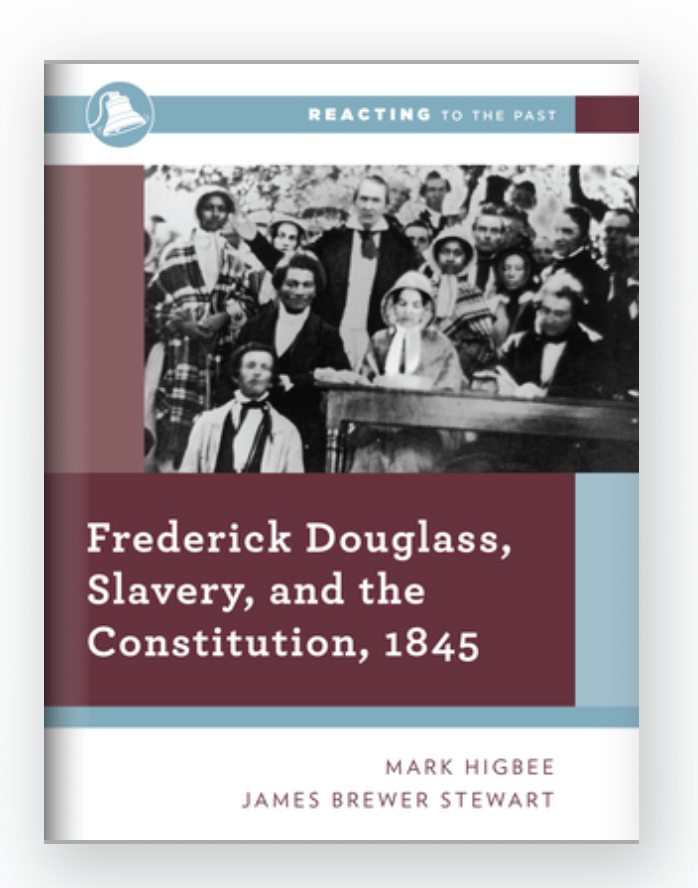We’ve looked here before at various different ways in which games have played a part in university life from these simulations to the use of escape rooms in teaching and learning.
And of course there are the games emerging from higher education including these Austen-themed activities and the ever popular Wonkhe Top Trumps.
Now though there is this interesting development as reported in the Chronicle, the growth in the use of role-playing games in the classroom as an aid to teaching and learning.
It is an unusual pedagogical approach that assigns students to play characters in elaborate games that are based on pivotal moments and ideas in history. Students read classic texts and then marshal complex arguments in an effort to win the game.
The approach has evolved from an innovative experiment that was devised by Mark C. Carnes, a professor of history at Barnard College, for use in his own class. Now it has a consortium of faculty supporters nationwide to guide its development, and it is the subject of two annual conferences that draw more than 300 professors from a range of disciplines. The games are now thought to be a presence on more than 500 college campuses, according to W.W. Norton, which, along with the Reacting Consortium Press, an imprint of the University of North Carolina Press, publishes and distributes the game books that give the broad outlines of the period being inhabited, describe the characters and their objectives, and set out the rules.
It does seem rather surprising that role-playing games have taken off in quite this way give the significant time, effort and commitment required from both staff and students to make them work. However, the reports of the implementation do make it sound like students have really embraced the approach.
Barnard College, which is credited with originating the approach, offers a range of games with publishing partners. There are quite a few to choose from including “Defining a Nation: India on the Eve of Independence, 1945,” and “Confucianism and the Succession Crisis of the Wanli Emperor, 1587” but also “Frederick Douglass, Slavery, and the Constitution: 1845” which covers some really interesting ground:

Frederick Douglass asks students to confront an explosive question: How, in a nation founded on ideas of equal rights and freedom, could the institution of slavery become so entrenched and long-lasting? How was slavery justified, and how was it criticized? At a literary forum, students consider the newly-published Narrative of Frederick Douglass and hold a hearing on John C. Calhoun’s view of slavery as a “positive good.” Finally, players address the US Constitution, its original protections of the slaveholders’ power, and the central question: Are Americans more beholden to the Constitution, or to some “higher law”?
Students participate in active learning when they are part of the game. Each student receives a game book, outlining the historical context, game premise, central debates, rules, and readings. Students then assume roles in a game of strategy they will want to win. They must adhere to the worldview of their historical figure, but are not limited by a script. They must express their ideas compellingly in speeches, presentations, and more.
This novel teaching approach seems to have achieved a remarkable reach in the US. Are any UK universities using role playing in the classroom yet?













I had some really interesting conversations with a friend of mine who studied languages in Sheffield who said they used a series of games to teach how shared culture, language and traditions can create a sense of isolation and culture shock. They clearly had an impact on him and he was using the lessons learned years later.
Not in the academic classroom as such but I do training on how to negotiate university meetings and power always ends with student officers roleplaying themselves against a tricky bureaucrat (myself) at turns being crusty / pernickity / disarmingly nice to see how they react.
I’m certainly not the only SU trainer to use roleplay in their courses and (as long as you don’t call it roleplay) people tend to go for it.